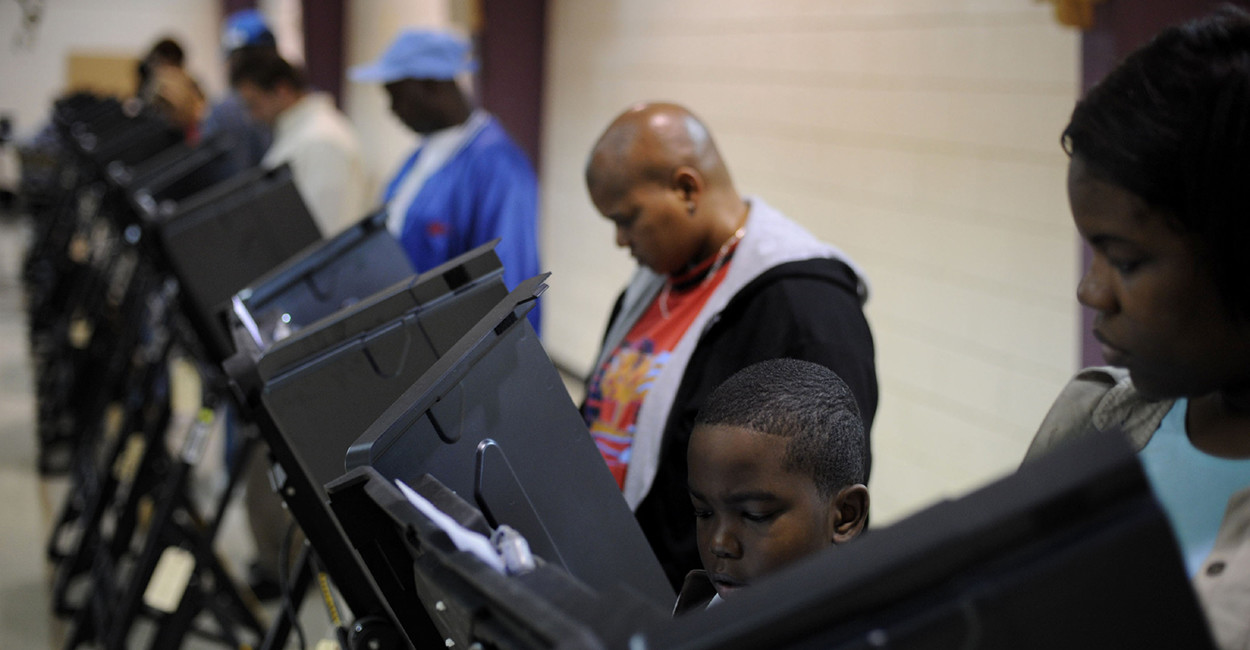That was clearly evident in the federal courtroom in Winston-Salem. The plaintiffs, including the Justice Department, challenged a number of election reforms implemented in 2013 that were designed to reduce the cost and complexity of running elections and make it harder to commit voter fraud.
The administration pushed a novel legal argument. In its telling, if a change in election rules might statistically affect blacks more than whites, it constitutes illegal discrimination. For example, if 98 percent of whites have a voter ID but only 97.5 percent of blacks have one, then requiring voters to present ID violates federal law. Never mind the fact that getting an ID is free, easy, and open to everyone without regard to race. And never mind if a policy change is in line with the rules of many other states, or if it’s explicitly sanctioned by federal law. The mere act of changing the law in the wrong direction is discriminatory.
Follow Larry Elder on Twitter
"Like" Larry Elder on Facebook

.png)





















No comments:
Post a Comment
Comment Policy:
The author of this blog will attempt to engage in conversation via the comments section whenever possible and recognize the 24/7 nature of the internet. Moderating and posting of comments will occur during regular operational hours Monday through Friday. Comments submitted after hours or on weekends will be read and posted as early as possible, however admins and/or the author is unable to commit to replying to every comment posted.
This is a moderated blog. That means all comments will be reviewed before posting. In addition, it is expected that participants will treat each other, as well as the author and admin, with respect. Comments that contain vulgar or abusive language; personal attacks of any kind will not be posted. Comments that are spam or that promote services or products will not be posted. It is requested that all comments remain on topic.
The Elder Statement blog does not guarantee or warrant that any information posted by individuals on this blog is correct, and disclaims any liability for any loss or damage resulting from reliance on any such information. The Elder Statement blog may not be able to verify, does not warrant or guarantee, and assumes no liability for anything posted on this website by any other person. The Elder Statement blog does not endorse, support or otherwise promote any private or commercial entity or the information, products or services contained on those Web sites that may be reached through links on our Web site.
To protect individual privacy and the privacy of others, please do not include phone numbers, addresses or email details in the body of a comment. Such information will result in removal of a comment.
Thank you for your attention.
The Elder Statement